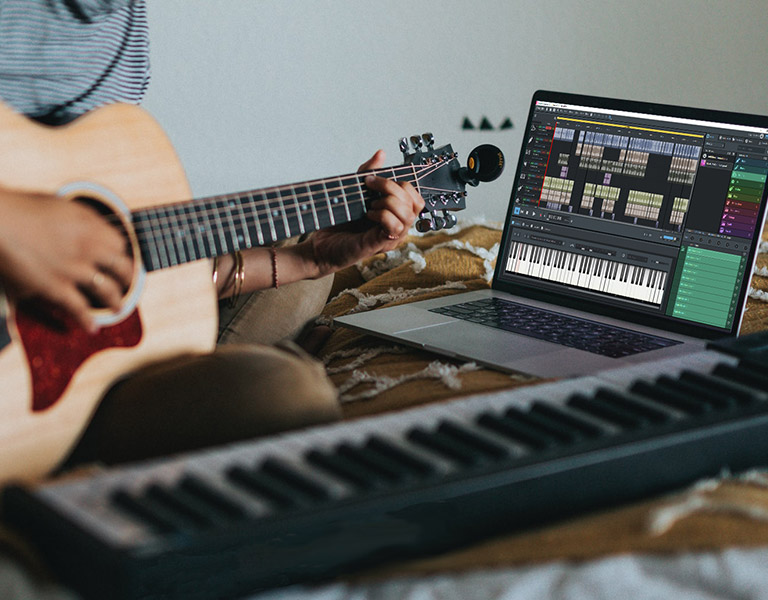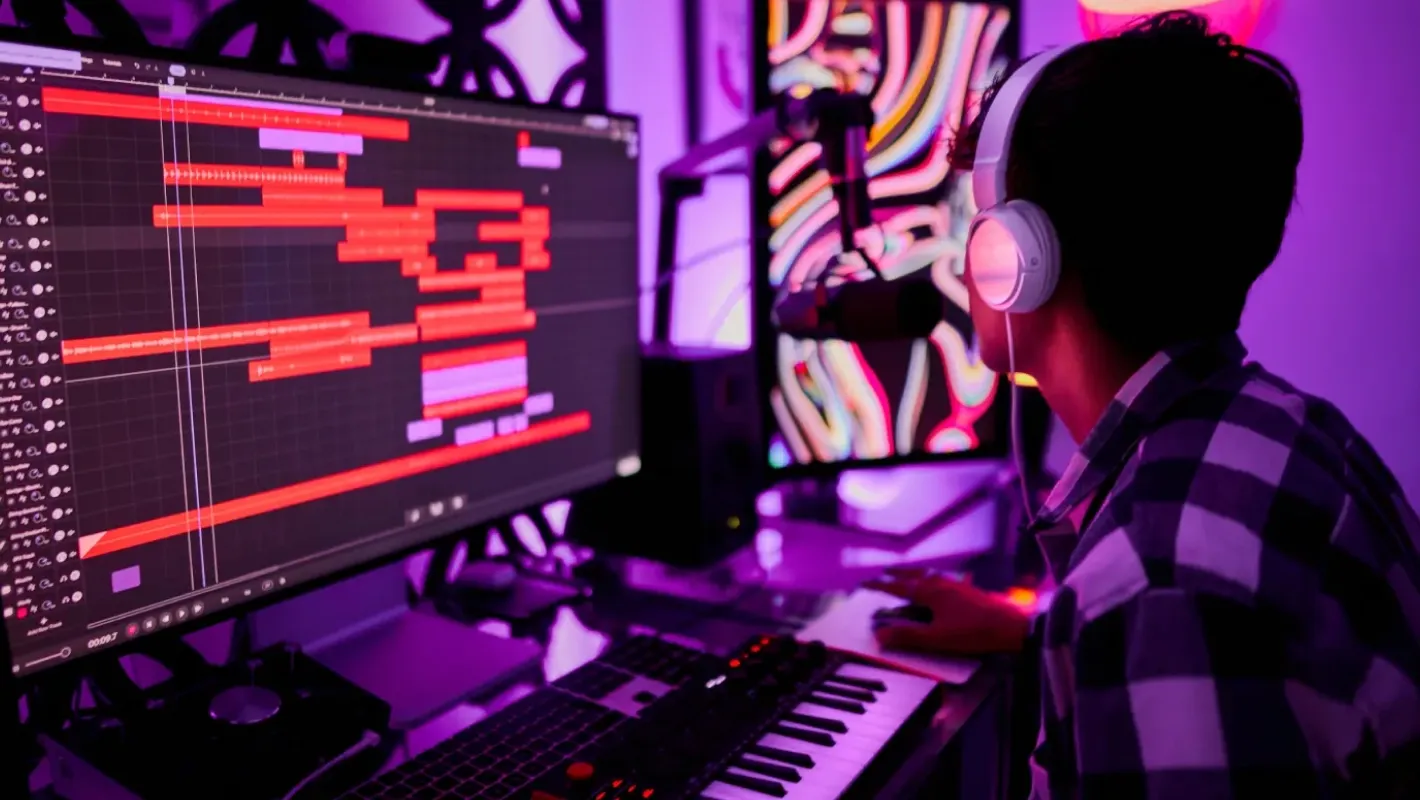Harmony Haven: Crafting Your Ultimate Music Experience
46
Creating a music blog can be an exciting project, whether you're passionate about reviewing albums, interviewing artists, or sharing your insights on the music industry. Here's a step-by-step guide on how to create a music blog, along with some references to help you along the way: 1. Define Your Niche:
1. Define Your Niche:
- Decide on the focus of your music blog. Will you cover specific genres, emerging artists, music news, or a combination?
- References: Look at existing music blogs like Pitchfork, Stereogum, or Consequence of Sound to get inspiration for niche selection.
2. Choose a Blogging Platform:
- Select a platform to host your blog. Popular options include WordPress, Blogger, or Medium.
- References: Check out articles comparing different blogging platforms to see which one suits your needs best.
3. Pick a Domain Name:
- Choose a catchy and relevant domain name for your blog. Make sure it's easy to remember and reflects your blog's focus.
- References: Use domain name generators or check domain availability on platforms like GoDaddy or Namecheap.
 4. Design Your Blog:
4. Design Your Blog:
- Select a theme or design for your blog that complements your content and reflects your style.
- References: Browse through theme marketplaces or look for tutorials on customizing blog themes.
5. Create Compelling Content:
- Start writing blog posts. You can review albums, share playlists, interview artists, discuss music industry trends, or provide how-to guides.
- References: Study writing techniques from reputable sources like the AP Stylebook or online writing courses.
6. Promote Your Blog:
- Share your blog posts on social media platforms like Twitter, Instagram, and Facebook.
- Engage with your audience by responding to comments and participating in music-related conversations.
- References: Explore online resources on social media marketing strategies for bloggers.
 7. Network with Others:
7. Network with Others:
- Connect with other music bloggers, artists, and industry professionals to expand your reach and collaborate on projects.
- Attend music events, concerts, and festivals to network with like-minded individuals.
- References: Look for online forums, networking events, or industry conferences related to music blogging.
8. Optimize for SEO:
- Improve your blog's visibility on search engines by optimizing your content for relevant keywords and metadata.
- Learn about on-page SEO techniques such as keyword research, meta tags, and internal linking.
- References: Refer to SEO guides and tools like Google Keyword Planner or Moz for SEO tips.
9. Monitor and Analyze Performance:
- Use analytics tools like Google Analytics to track your blog's performance, including traffic, engagement, and demographics.
- Analyze the data to identify trends, popular content, and areas for improvement.
- References: Explore tutorials and guides on using analytics tools effectively.
10. Stay Updated:
- Keep yourself informed about the latest music trends, releases, and industry news to provide fresh and relevant content to your audience.
- Subscribe to music magazines, newsletters, and blogs to stay ahead of the curve.
- References: Follow reputable music publications and industry blogs for updates and insights.
 By following these steps and utilizing references along the way, you can create a successful music blog that resonates with your audience and establishes your presence in the music blogging community.
By following these steps and utilizing references along the way, you can create a successful music blog that resonates with your audience and establishes your presence in the music blogging community.











































